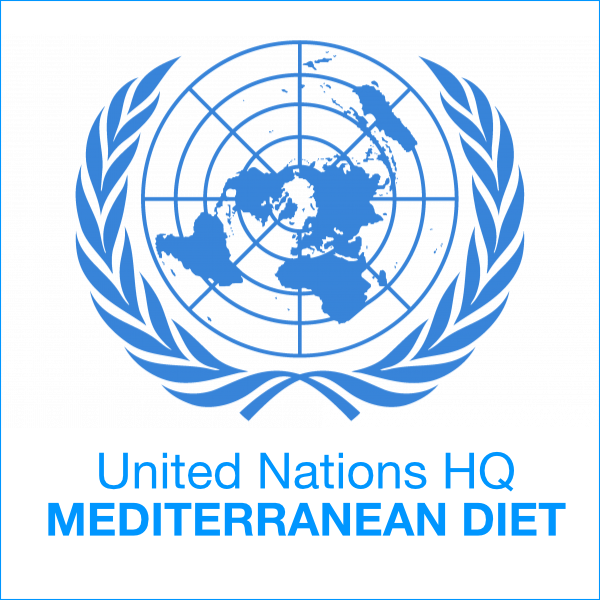Event

22 November 2024
MEDITERRANEAN DIET: A Living Heritage, Unleashing One Health
Date: November 22nd, 2024
Place: United Nations Headquarters in New York City, Conference CR8
Time: 16:00
My presentation is held at 16:30 under the title, The Role of Food Studies and Culinary Education in Preserving Cultural Heritage together with NYU Associate Dean for Global Affairs and Experiential Learning, Lisa Sasson, and the President of Terra Nostra in Italy, Dominga Cotarella.
6:00 pm Mediterranean Buffet (Sputnik Place)
The Permanent Missions of the Italy and Morocco jointly organize, on 22 November, this event. It aims to promote the Mediterranean Diet as the most sustainable diet and lifestyle for both human and planetary health. There is scientific evidence acknowledging that the Mediterranean Diet is one of the most important diets and lifestyles for people and for planetary health. This is especially relevant in the current “Decade of Action” as outlined by the United Nations, specifically for urban areas, where the population is growing exponentially.
Thanks to the joint work by Italy and Morocco, together with Greece and Spain, UNESCO acknowledged the Mediterranean diet as an intangible cultural heritage in 2010, with the list of countries being expanded in 2013 to include Cyprus, Croatia and Portugal.
The Mediterranean Diet is "much more than a simple list of foods. It promotes social interaction, since the common meal is the basis of social customs and festivities shared by a given community, and has given rise to a remarkable body of knowledge, songs, maxims, tales, and legends. The Diet is founded on respect for the land and biodiversity, and ensures the preservation and development of traditional activities and crafts related to fishing and agriculture in Mediterranean communities.”
Since this recognition, Italy, thanks to the Municipality of Pollica as the institutional representative of the recognized Emblematic Community, has been the activator, the catalyst, and the promoter of what is now an international network universally recognized; taking charge of many initiatives essential for the dissemination and preservation of the common heritage, including supporting the realization of the new joint site of the emblematic communities, organizing the protagonism of the "Mediterranean Diet" heritage at Expo 2015, and ensuring the participation of representatives from all the communities. Future Food Institute, focused on food innovation and on its cultural, economic, environmental, diplomatic, and social impact, is the official technical secretariat of the Municipality of Pollica and of the Mediterranean Diet Study Center 'Angelo Vassallo, and the focal point of the network with the Emblematic Communities.Traveling to Morocco, Chefchaouen was chosen as an emblematic community of the Mediterranean Diet thanks to its traditions and symbols passed down from generation to generation (food practices, social sharing and celebration) are still very much alive. This implies that local actors bring this heritage to life and must be the bearer of local development and allow the local population to live in accordance with their cultural identity. This cultural richness, supported by local actors, aims to promote local development in harmony with the cultural identity of the population.
For more information, read this concept note.
